Keywords: Theological Education
-

FAITH DOING JUSTICE
- Andrew Hamilton
- 11 January 2022
3 Comments
The debate about quotas based on gender has been well canvassed. The wider issues raised about merit and meritocracy, however, merit further reflection. Far in the background to both conversations lies a sophisticated body of reflection on merit among Christian theologians.
READ MORE
-
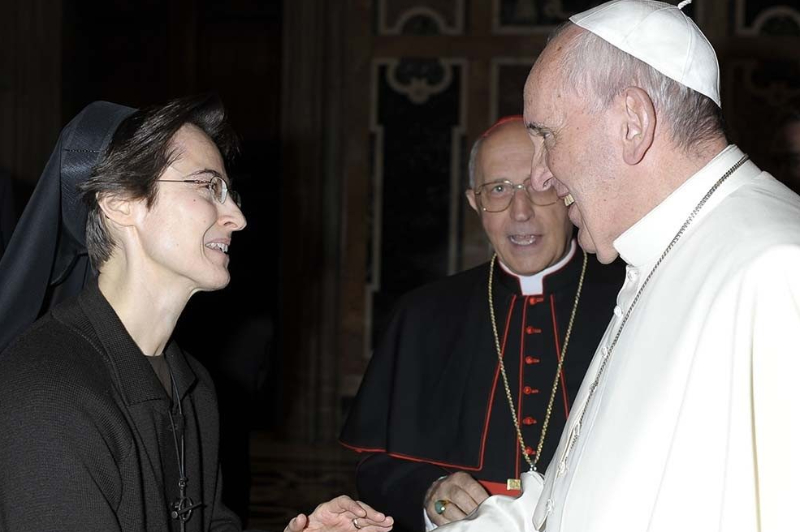
RELIGION
- Andrea Dean
- 18 November 2021
74 Comments
It’s good news to see women being appointed to significant roles within the Catholic Church, including several recent appointments of women to important positions in the Holy See. In early November Pope Francis appointed Sr Raffaella Petrini as secretary-general of the Vatican’s governorate.
READ MORE 
-

RELIGION
- Gideon Goosen
- 23 September 2021
60 Comments
The Final Report of the Royal Commission into Institutional Responses to Child Sexual Abuse identified clericalism as a significant contributor to abuse across religious institutions Australia-wide. Clericalism is rooted in a theological belief that the clergy are different to the laity, having undergone an ‘ontological change’ at ordination, and feeds the notion that the clergy may not be challenged. And according to the report, the culture of clericalism is on the rise in seminaries in Australia.
READ MORE 
-

RELIGION
One might submit that a Plenary Council is a cumbersome instrument to ascertain the genuinely representative views of the Catholic Church in Australia. Many of the canonical strictures regarding the membership, agenda and process of the Council will dampen the original enthusiasm for the Council that provoked over 17,500 submissions.
READ MORE 
-

EDUCATION
The tertiary level is designed to promote change and innovation. If there is no tertiary level, there is no growth in our understanding of global religious systems, and no emerging individuals who possess critical thinking skills and historical knowledge of these systems. Without these individuals, there’s a risk that religious institutions will become more insular, regressive, disconnected and, most disastrously, unchecked.
READ MORE 
-
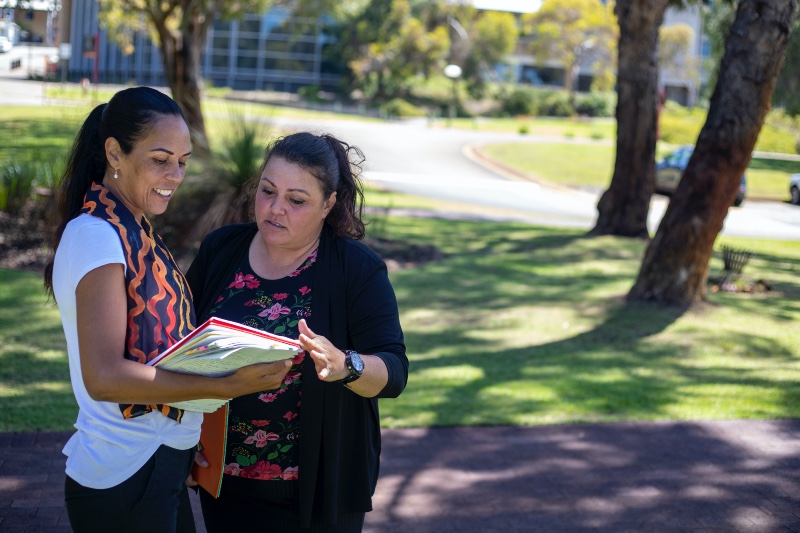
RELIGION
- Garry Deverell
- 18 May 2021
19 Comments
It is no coincidence that white ‘settler’ theology in this country has barely begun to engage with Indigenous people. Arguably, it has only begun to do so because the Indigenous citizens of the churches have begun to cast off the imaginative shackles made for us by our white gubbas and find our own voice.
READ MORE 
-

FAITH DOING JUSTICE
- Andrew Hamilton
- 08 April 2021
19 Comments
The debate about quotas based on gender has been well canvassed. The wider issues raised about merit and meritocracy, however, merit further reflection. Far in the background to both conversations lies a sophisticated body of reflection on merit among Christian theologians.
READ MORE 
-
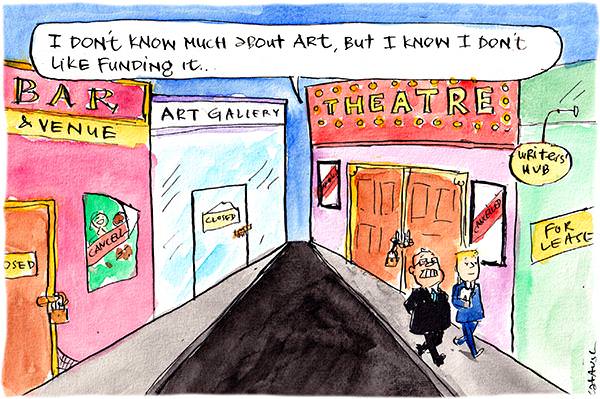
ARTS AND CULTURE
- Julie Perrin
- 18 August 2020
31 Comments
The capacity to story our experience is a powerful tool for reflection and understanding. As adults we learn that no story is pure and we are capable of telling ourselves spin, but the shaping of experience into story is the bread and butter of our lives. Narrative, it has been said, is a primary act of mind.
READ MORE 
-
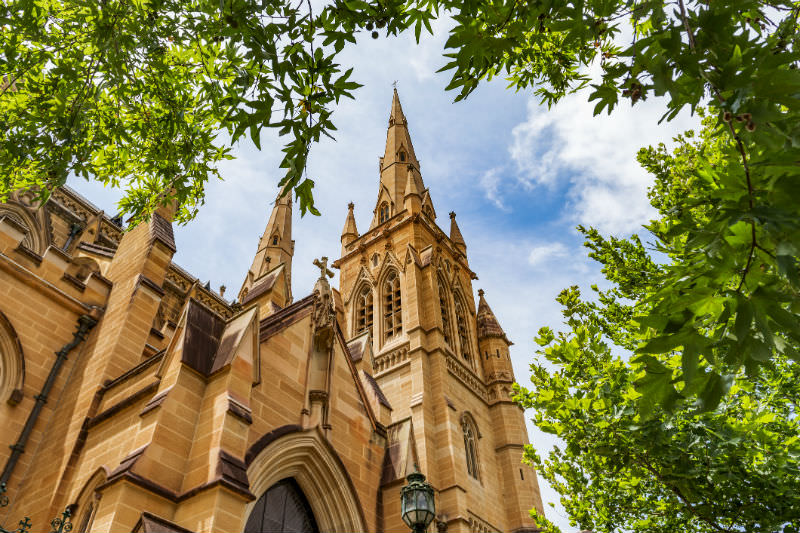
RELIGION
- John Warhurst
- 25 February 2020
7 Comments
Approaches to governance are in flux within church agencies, sectors, dioceses and at the national level, either driven by the demands of state regulations or in response to the challenging new situation the church finds itself in. There is so much change going on that it is difficult to follow.
READ MORE 
-

INTERNATIONAL
- Christine Burke
- 04 November 2019
4 Comments
Anyone interested in social justice knows that structures and systems can bolster the worst tendencies of human nature, can incubate 'social sin'. Korean friends, when asked if they live in fear of North Korea, almost always tell me 'we fear America more'. To me that seemed a bit of an overstatement. Now I understand their response.
READ MORE 
-

RELIGION
- Neve Mahoney
- 20 June 2019
22 Comments
'Male and Female He Created Them' could have addressed how Church teachings could better coexist with LGBTQI+ experiences to benefit LGBTQI+ students. But that can't work if the document's authors don't listen to LGBTQI+ voices and when the foundational argument is to problematise LGBTQI+ people's existence.
READ MORE 
-
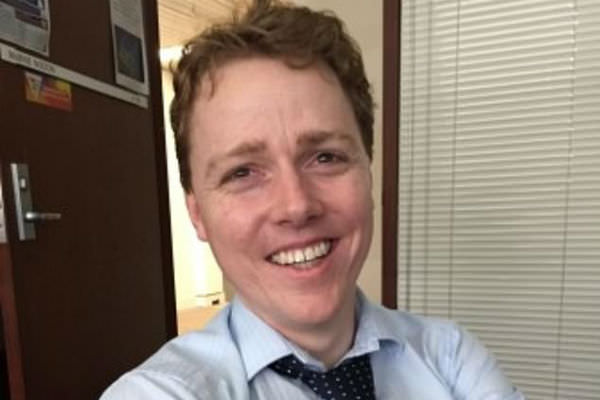
MEDIA
- Mark Jennings
- 03 April 2019
10 Comments
Two recent stories in the Australian attack Murdoch University academics who supposedly described Anzacs as 'killers' and detainees on Manus Island as 'prisoners'. The stories display a poor understanding of the academic role, and the nature of 'critique', which is not to merely to present all arguments as if they had equal merit.
READ MORE 